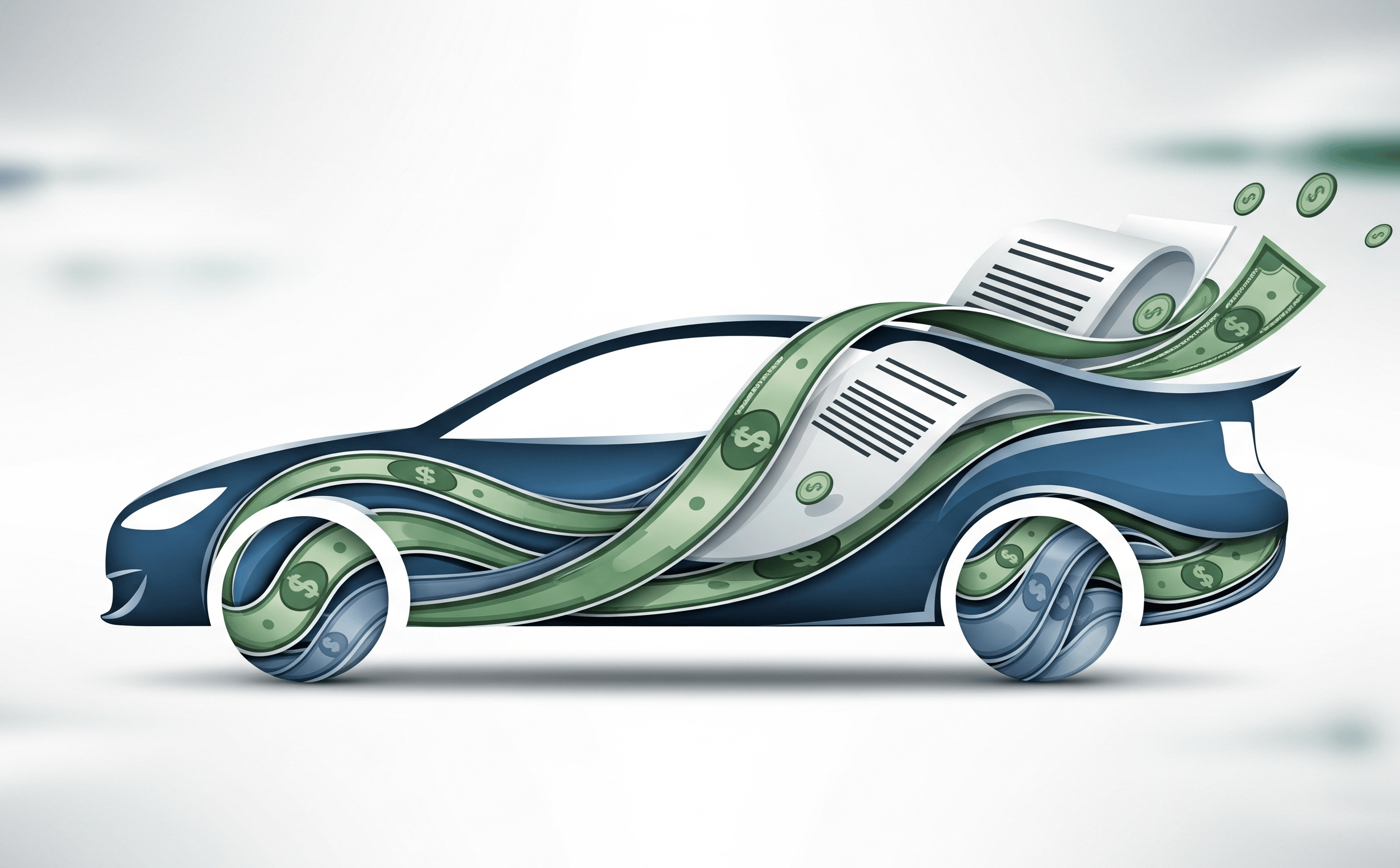What Is A Good Credit Score To Buy A Car In 2023?
by
December 23, 2022

Are you in the market for a car in 2023? A common question that many people ask before they start shopping around is: "What credit score do I need to buy a car?"
Although there isn't one definitive answer, as each lender has their criteria, there are some key things you should consider when strategizing about how to get your ideal set of wheels next year. For starters, why do you even need a credit score to buy a car?
Banks and lenders use credit scores to determine if an individual has the creditworthiness to take on a loan for their vehicle purchase. This credit check assures them that you will be able to pay back any loan you are granted.
If you have a strong credit score, lenders are more likely to approve you for a loan. Conversely, if your credit score is poor, lenders may worry that you could be more likely to default on the loan and consequently be hesitant to provide financing.
As a result, having good credit can help ensure that you can negotiate better interest rates when buying a car. Still confused? Don’t worry. Read on for our comprehensive guide to understanding what credit score you’ll need to buy a car in 2023.
What Is the Minimum Credit Score Needed to Buy a Car?
Getting approved for a car loan requires a minimum credit score. Generally, if your credit score is 660 or higher you can get approved for a loan with good interest rates.
However, it’s also possible to be approved if you have a credit score that is lower than 660 — and as low as 500 in some cases. It is important to note, however, that for those with lower credit scores, interest rates on loans may be significantly higher.
Which Credit Score Do Auto Lenders Use?
As you may (or may not) know, there are two main types of credit scores: your FICO score and your VantageScore.
FICO (Fair Isaac Corporation) is a score based on consumers' credit histories. It’s widely used by lenders to determine loan terms, rates, and whether they should provide a loan at all.
VantageScore was created by the three major credit bureaus as an alternative to FICO and their score provides similar information about a consumer's creditworthiness, but it allows scores from different reporting agencies to be combined into one common score range.
Both types of scores are necessary for lenders when making decisions about providing loans so that they can access detailed reports about an individual borrower's financial situation.
While it’s important to know both your FICO score and your VantageScore credit rating, most car dealerships will actually look at a third score: your FICO Auto score.
A FICO Auto score is a score range between 250 and 900 that FICO uses to evaluate the likelihood of an individual making their auto loan payments. Rather than using the traditional FICO scores which range from 300 to 850 points, FICO modifies the calculation based on industry-specific risk factors.
This adjusted FICO score helps creditors determine how reliable an individual will be when paying back their loans. By offering FICO Auto scores, FICO makes it easier for creditors to make informed decisions about customers who are applying for auto loans.
Because this scoring model is slightly different, what’s a good Fico Auto score for getting a car loan? Typically, anything over 700 is great. However, it also varies from one lender to the next.
The Benefits of Having a Higher Credit Score
Having a higher credit score helps you save money on financing an auto loan in the form of lower interest rates. Why? A higher credit score usually signals to the lender that you are a more trustworthy borrower, and therefore, the lender is willing to offer lower rates because they feel confident in doing so.
For those financing an auto loan, this could mean a difference of hundreds of dollars over the life of the loan. With a higher credit score, financing an auto loan will ultimately be far less expensive than it otherwise would be with a lower score.
Just check out these interest rates and how they vary greatly depending on your credit score range (from Experian Information Solutions):

As you can see, the difference in interest rates is quite large. If you’re planning on buying a new car but have a credit score of 550 then it’s well worth waiting, working on improving your score, and then getting an auto loan when you have a score over 660, for example.
The difference there? A whole 5.21% in interest points. While this might not seem like a lot, slight changes in your interest rate can drastically affect how much you end up paying over the lifetime of the loan.
Let’s say you have a 700 credit score. This would mean you could finance a new car with (roughly) a 4.90% interest rate. Let’s assume you are borrowing $15,000 over five years. In this case, your monthly loan payments would be $282.38 and you’d end up paying $1,942.91 in interest over the life of the loan.
Now, let’s say you have a 550 credit score. Your interest rate for that same loan would be 10.11%. Your monthly payments go all the way up to $319.52 and you end up paying $4,171.09 over the life of that loan.
So, just by improving your credit score, you could potentially save over $2,200. That’s well worth it, isn’t it?
How to Buy a Car With Bad Credit
If you have poor credit and are in the market to buy a car, it can sometimes feel like an uphill battle. But don't despair — even with poor credit, there are options available to you.
A reputable dealership will be able to help you find financing options that suit your situation and budget. With some research and savings, you could be well on your way to having a reliable vehicle of your own.
Even if the loan terms aren't ideal at first, timely payments can help improve your credit score over time, making it easier for you to buy cars in the future. When all else fails, implement the following tips to help you improve your chances of snagging the car of your dreams.
Increase Your Down Payment
Increasing your down payment is a great way to increase your chances of being approved to buy a car with poor credit. Here’s why:
- Having a large down payment shows lenders that you have the financial means to pay back the loan in a timely fashion and it also shows responsibility when it comes to expenses.
- A larger down payment also makes for smaller monthly payments and reduces the amount of money you will owe over time, which can be very beneficial if you have poor credit.
- By having an increased down payment you may be more likely to qualify for better terms.
The bottom line? Making a larger down payment could make all the difference in your ability to buy a car with poor credit.
Provide Documents Proving Financial Stability
Being able to buy a car with poor credit hinges on many factors, one of the main ones being your financial stability.
This means that providing documents such as pay stubs, bank statements or other valid proof of income will show potential lenders that you possess the necessary stability to take on a loan despite your credit history.
This information will also demonstrate that you have enough money coming in to make regular payments and work towards eventually paying off the loan.
Even though your credit might be poor, a lender will understand why based on your credit report and then use your financial documents to make a better assessment and decision.
Finance Outside of the Dealership
Financing your auto loan through the car dealership isn’t your only option. Credit unions offer financing tailored explicitly towards individuals with less-than-ideal credit histories, often providing an opportunity for them to build and improve their credit score with repayment. They often have:
- Lower interest rates
- More flexible terms
- Better payment schedules
Some banks also specialize in financing for poorer credit histories, though the interest rate may be higher than with a credit union. While financing outside of a dealership may not always be necessary to get approved for financing to buy a car, it is worth looking into if you are concerned about your chances due to your current credit history.
Improve Your Credit Score Before Buying a Car
By now, you hopefully know that when applying for an auto loan, it’s important to have a good credit score to get favorable terms on the loan or even be approved.
A credit builder loan can help you make that happen by allowing you to build your credit score over time as you pay off the loan. It allows you to demonstrate payments are being made on time and in full, increasing your credit score.
In fact, that’s exactly how it works at Cheese. You can apply for loans as low as $500 and choose term lengths of 12 or 24 months. Our autosave feature ensures you never miss a payment; we'll take care of it! No upfront fees, no credit check; you are more than welcome to apply if you have an unsatisfying credit score.
With Cheese's credit builder loan, building your credit has never been easier! Apply today.






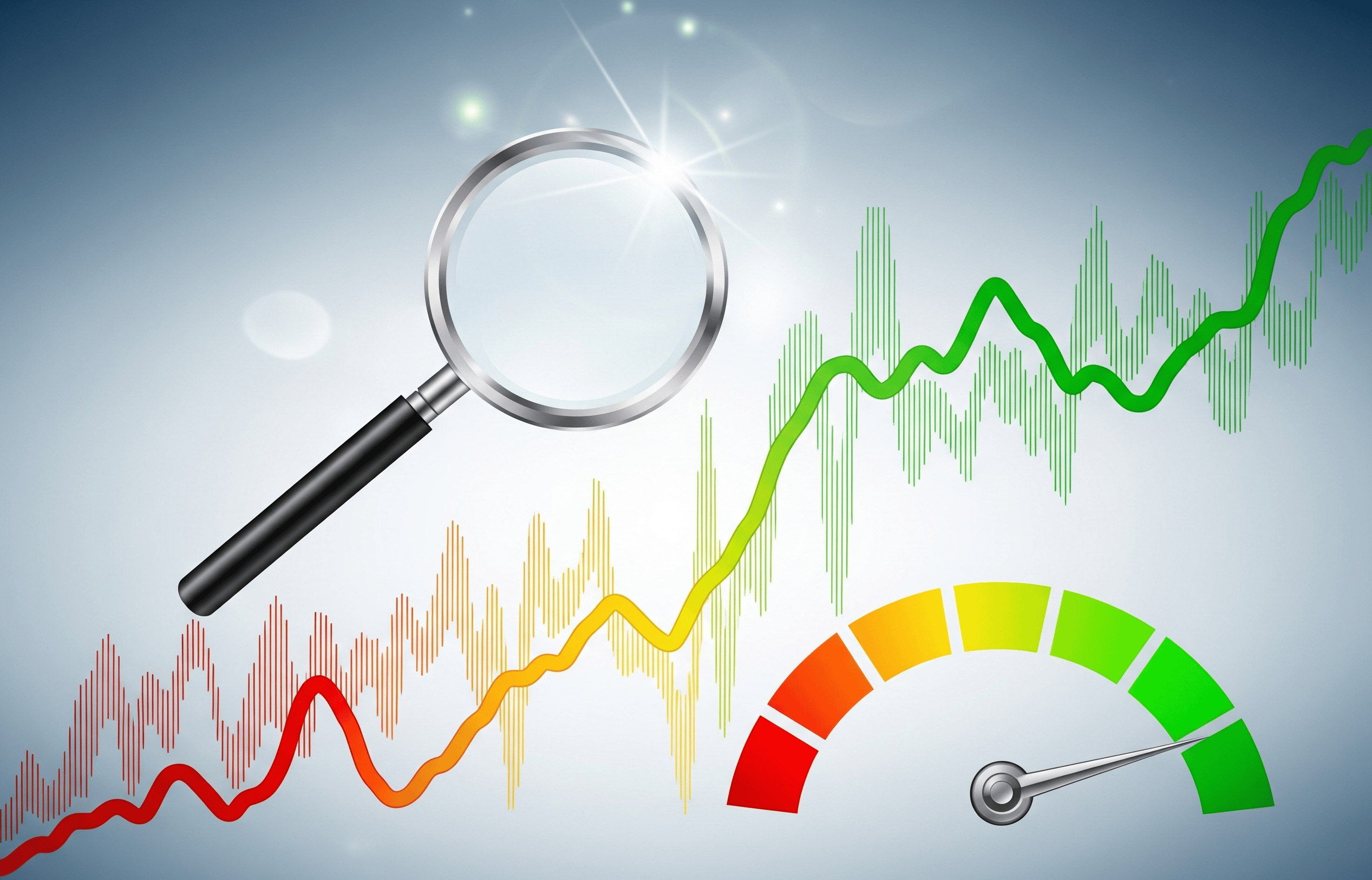



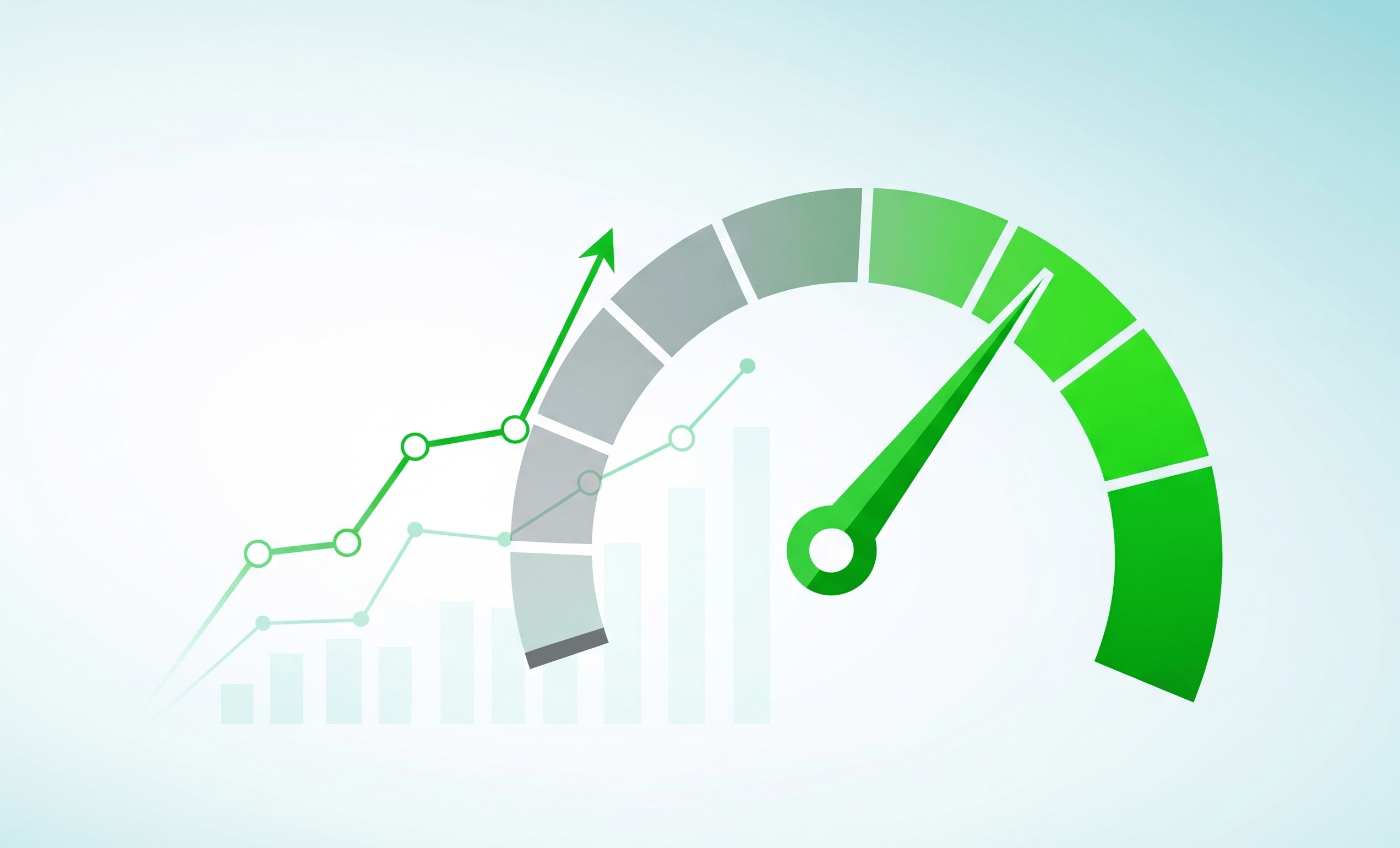

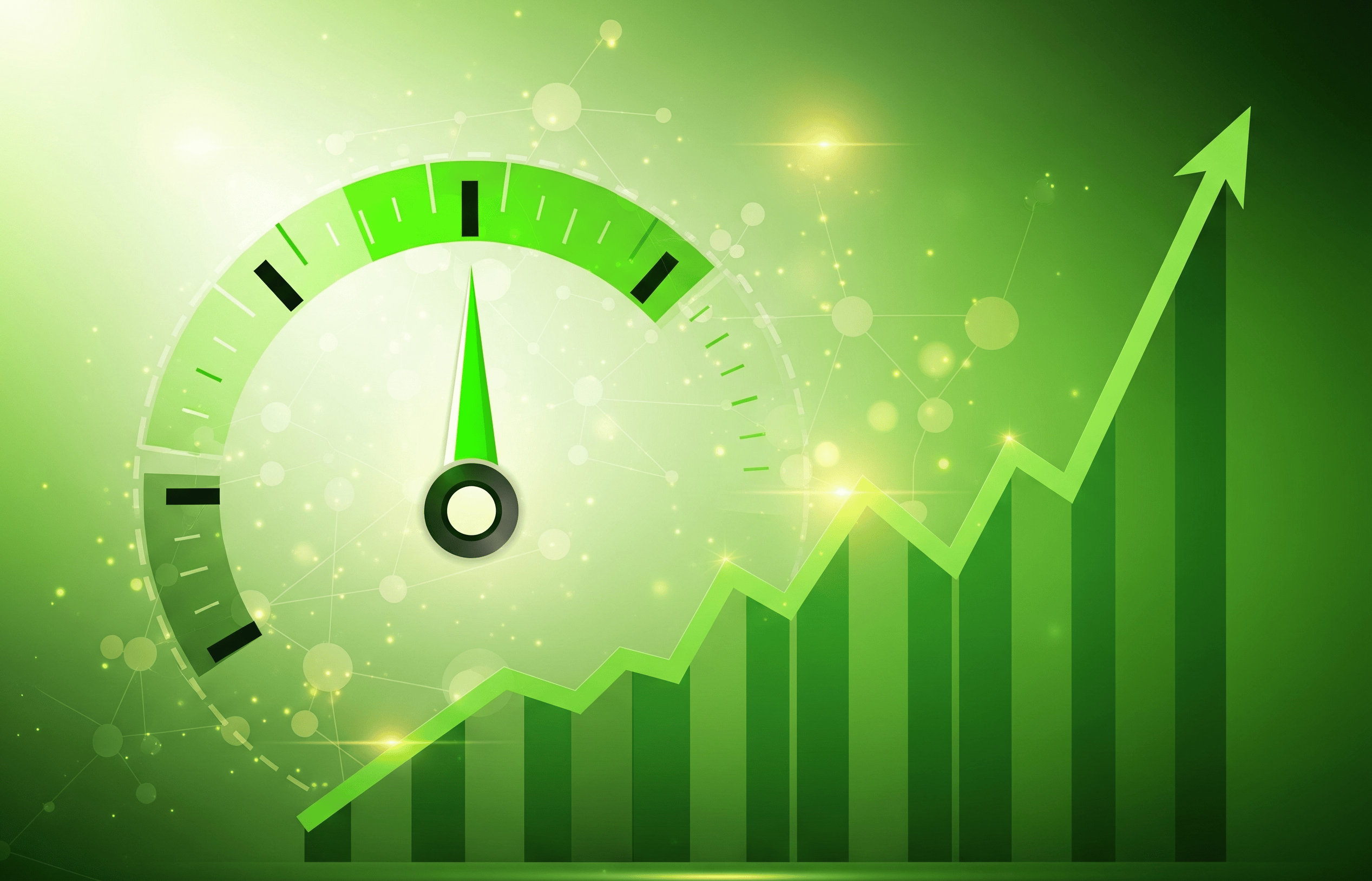

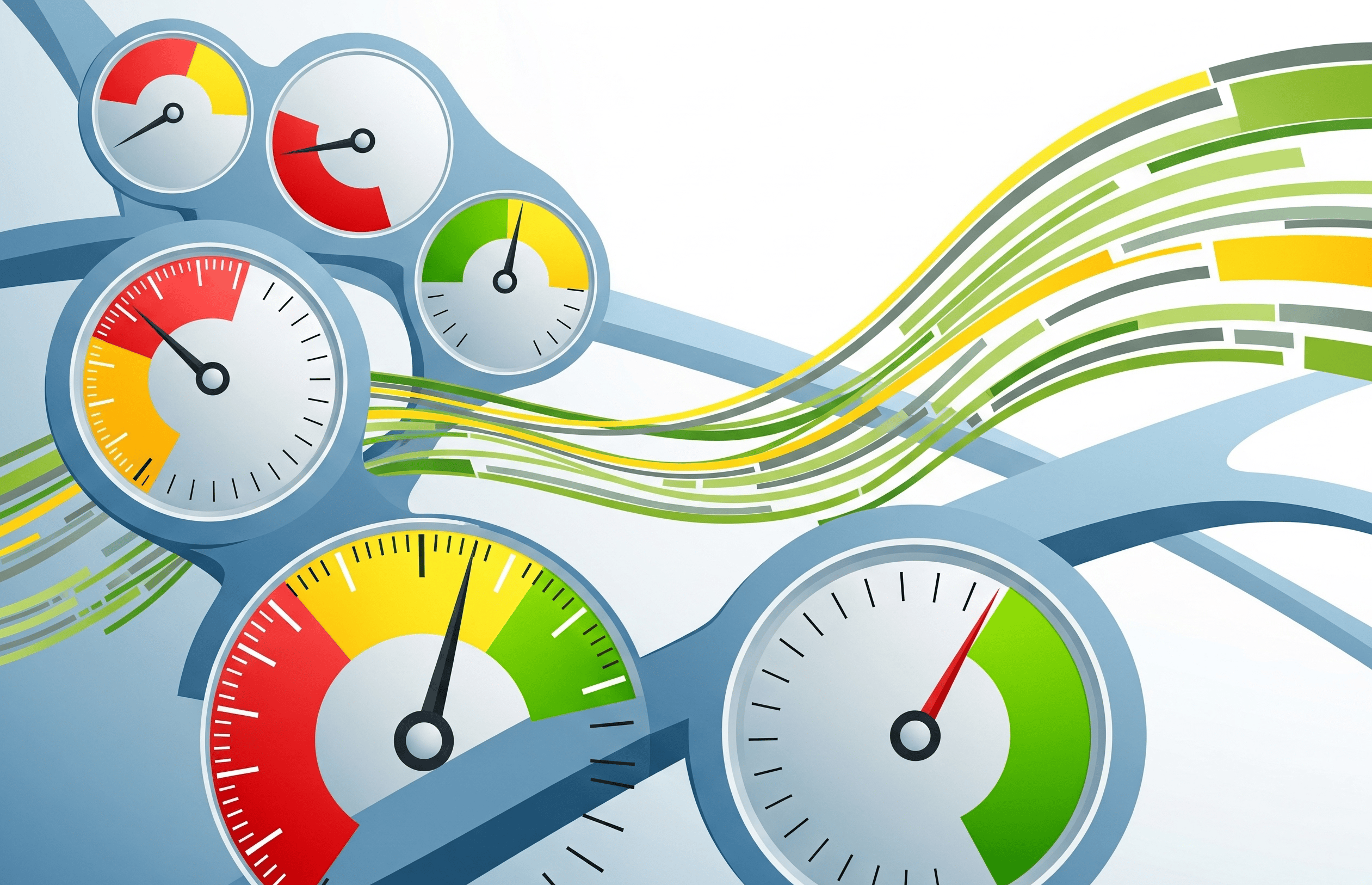
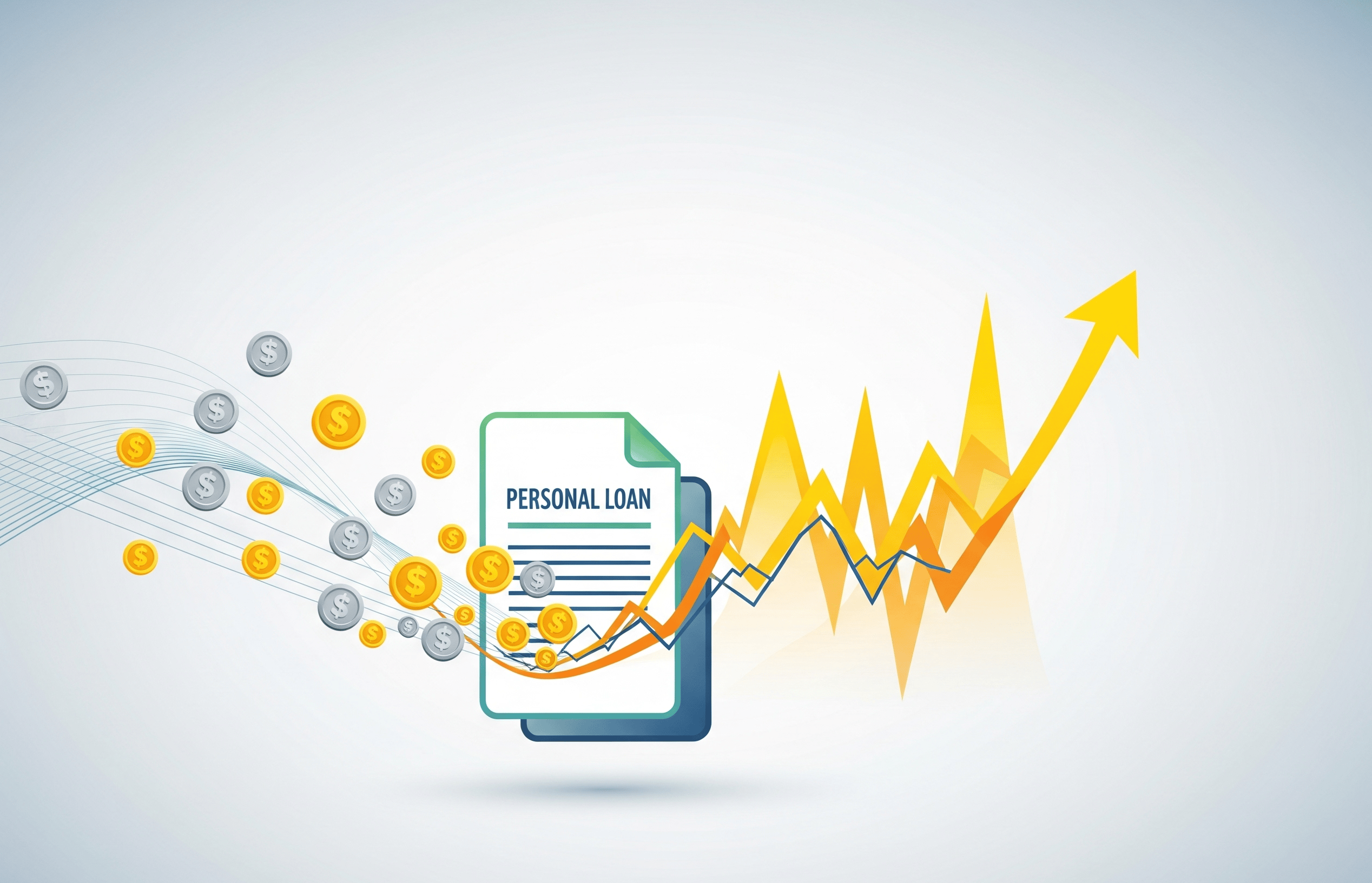


.png)

